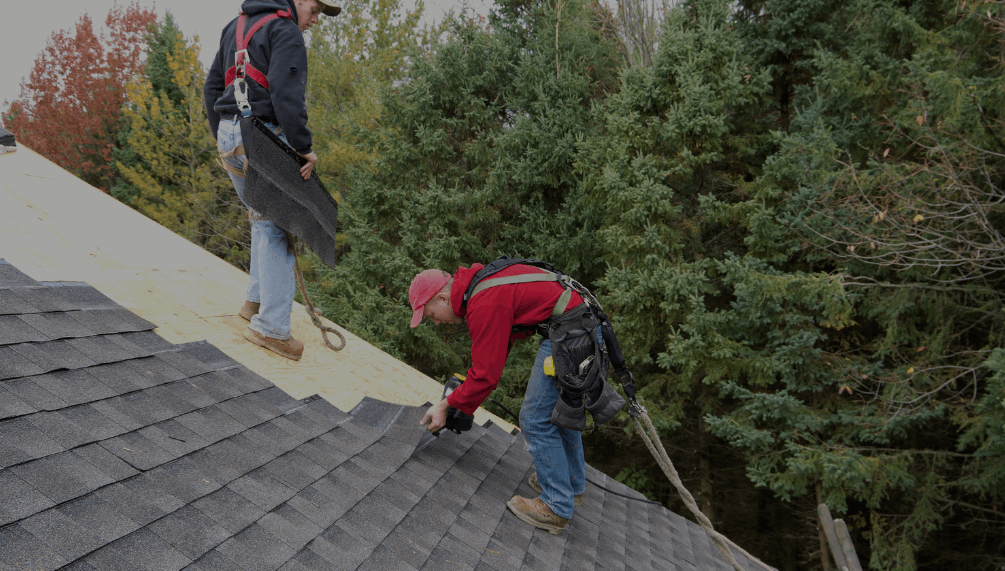
Choosing the right roofing contractor is crucial for ensuring a successful roofing project. Here are some essential steps and tips to help you make an informed decision:
1. Research and Gather Recommendations
- Ask for Referrals: Ask friends, family, and neighbors for recommendations. Personal experiences can provide valuable insights into a contractor's reliability and workmanship.
- Online Reviews: Check online reviews on platforms like Google, Yelp, and the Better Business Bureau. Look for contractors with consistently positive feedback and high ratings.
2. Verify Credentials
- Licensing and Insurance: Ensure the contractor is licensed to work in your area and carries adequate insurance, including workers' compensation and liability coverage. This protects you from potential liabilities in case of accidents or damages.
- Certifications: Look for certifications from reputable industry organizations, such as the National Roofing Contractors Association (NRCA), or manufacturer-specific certifications (e.g., GAF Master Elite).
3. Check Experience and Expertise
- Years in Business: A contractor with several years of experience is likelier to have a proven track record of quality work and customer satisfaction.
- Specialization: Ensure the contractor specializes in the type of roofing you need, whether it's asphalt shingles, metal roofing, tile roofing, or another material.
4. Review Past Projects
- Portfolio: Ask to see a portfolio of the contractor's past projects. This can give you an idea of their workmanship and the quality of materials they use.
- References: Request references from previous clients. Contact these references to inquire about their experiences, including the contractor's professionalism, timeliness, as well as adherence to budget.
5. Get Detailed Estimates
- Multiple Quotes: Obtain detailed written estimates from at least three contractors. This allows you to compare costs, materials, and timelines.
- Scope of Work: Ensure each estimate outlines the scope of work, including materials to be used, project timeline, payment schedule, and any warranties provided.
6. Assess Communication and Professionalism
- Responsiveness: Pay attention to how promptly the contractor responds to your inquiries and their willingness to answer questions.
- Professionalism: Assess the contractor's professionalism during interactions. A reliable contractor should be courteous, knowledgeable, as well as transparent about the project details.
7. Understand the Contract and Warranty
- Detailed Contract: Before starting the project, ensure you have a detailed contract that includes all agreed-upon terms, including payment schedules, start and completion dates, and materials to be used.
- Warranty: Inquire about the warranty offered on both the materials and workmanship. A reputable contractor should provide warranties that offer peace of mind.
8. Avoid Red Flags
- Unusually Low Bids: Be cautious of bids that are significantly lower than others. This could indicate subpar materials or corners being cut.
- Pressure Tactics: Avoid contractors who use high-pressure sales tactics or demand full payment upfront. Reputable contractors typically require a reasonable deposit as well as progress payments.
9. Final Checks
- Local Knowledge: Ensure the contractor knows local building codes and permit requirements. They should handle the necessary permits and inspections for the project.
- Clean-up and Disposal: Confirm that the contractor will handle clean-up and debris disposal after the project is completed.
In conclusion, by following these steps, you can choose an experienced, reliable, and capable roofing contractor for your roofing project. Researching and verifying your contractor's credentials will help ensure a smooth and successful roofing experience.